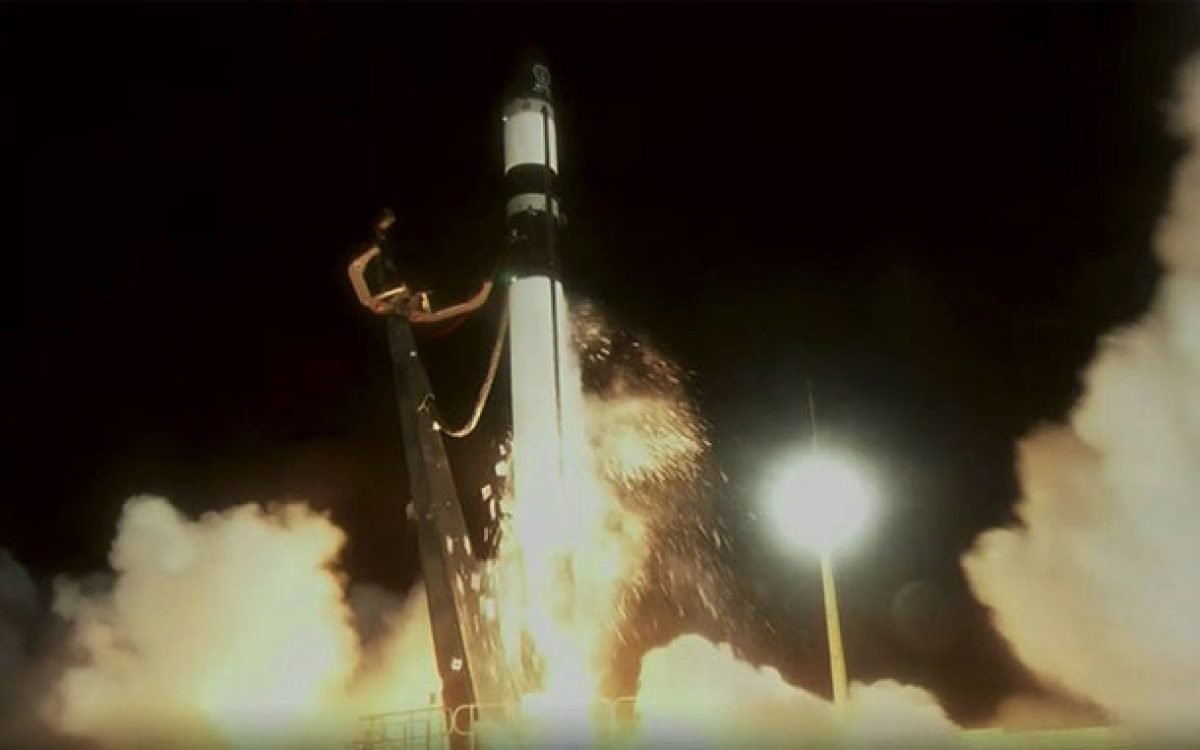In a pivotal moment for space exploration, Astroscale’s Active Debris Removal by Astroscale-Japan satellite (ADRAS-J) embarked on a groundbreaking mission to develop techniques for removing space debris from Earth’s orbit. The small satellite, launched atop a Rocket Lab Electron from New Zealand’s Mahia Peninsula, signifies a significant step towards addressing the growing threat posed by orbital debris to future space missions and satellite operations.
Mission Overview:
The ADRAS-J satellite, a cornerstone of Japan Aerospace Exploration Agency’s (JAXA) Commercial Removal of Debris Demonstration program, is tasked with approaching and monitoring the spent upper-stage rocket of an H-2A rocket launched in January 2009. This mission serves as a precursor to a future endeavor aimed at deorbiting the rocket stage, scheduled tentatively for 2026.
Technological Innovations:
Equipped with advanced visual and infrared cameras, as well as LiDAR sensors, ADRAS-J employs cutting-edge technology to assess the condition of the targeted rocket body and gauge its potential for tumbling. By leveraging ground-based observation data and on-board sensors, the satellite navigates through space with precision, laying the groundwork for future space debris removal missions.
Astroscale’s Vision:
Founded in 2013 with a mission to offer on-orbit servicing and space debris removal services, Astroscale stands at the forefront of innovation in space sustainability. With headquarters in Japan and subsidiaries worldwide, the company’s commitment to addressing the challenges of orbital debris underscores the global imperative to safeguard the integrity of Earth’s orbital environment.
Future Prospects:
As ADRAS-J embarks on its mission, the eyes of the world turn towards the skies in anticipation of its success. If all goes according to plan, the spacecraft will pave the way for future advancements in space debris removal, setting a precedent for international collaboration and innovation in space exploration.
Conclusion:
As the 44th Electron launch to date and Rocket Lab’s second mission of 2024, the deployment of ADRAS-J heralds a new chapter in humanity’s quest to preserve the sanctity of space. With each milestone achieved, we move closer to realizing a future where the cosmos remains accessible and navigable for generations to come. The journey towards space sustainability begins with initiatives like ADRAS-J, reminding us of the boundless potential of human ingenuity in the final frontier.









